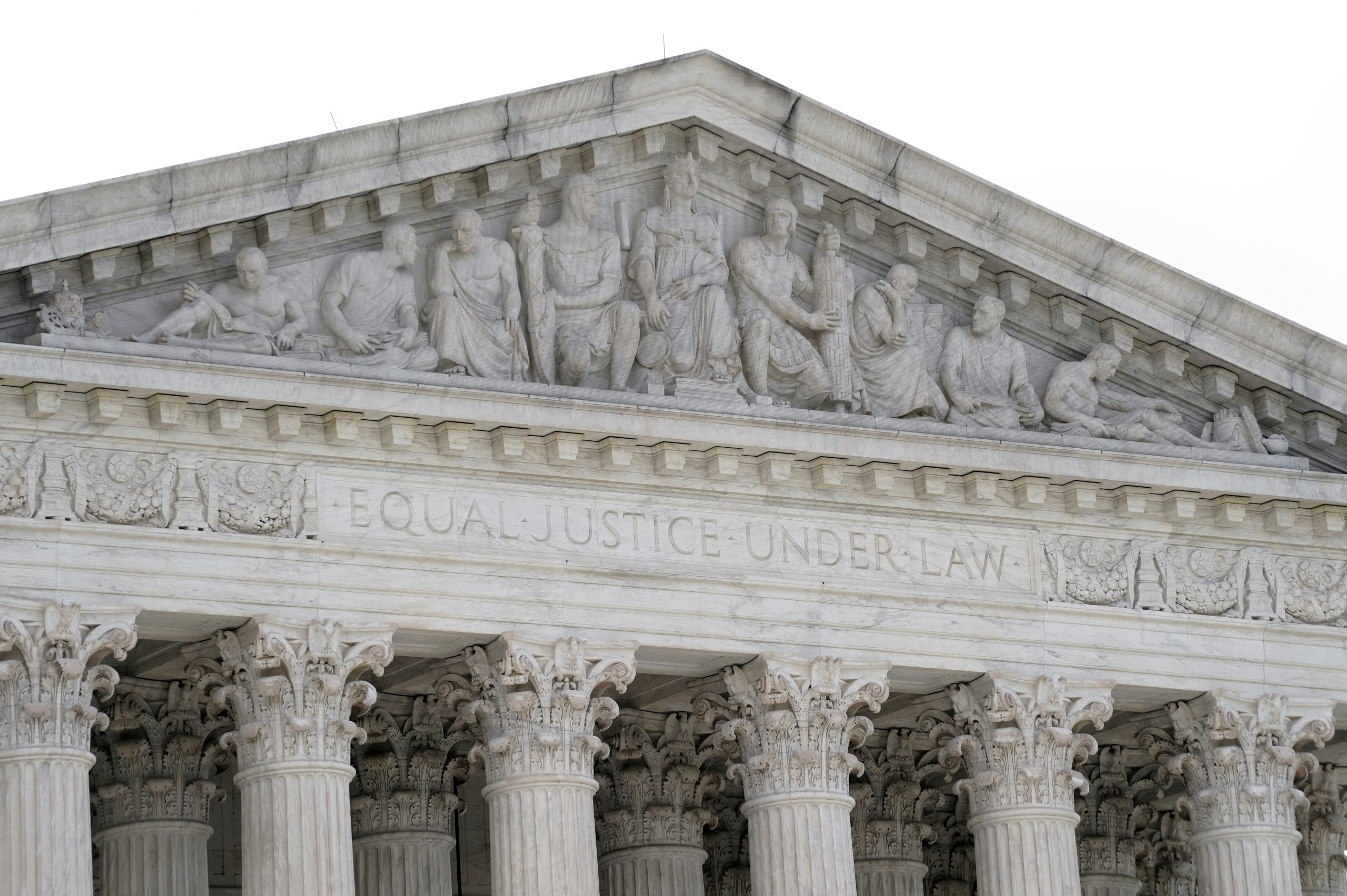
Chris Lieberman, FISM News
[elfsight_social_share_buttons id=”1″]
Abortion providers in Texas filed an emergency appeal to the U.S. Supreme Court on Monday requesting that they block a new Texas law that would ban about 85% of abortions in the state. This request comes after the Fifth Circuit Court of Appeals cancelled a hearing that was scheduled for Monday and denied the abortion providers’ appeal to block the law on Sunday.
Texas Governor Greg Abbott originally signed the bill, known as Senate Bill 8 or the Texas Heartbeat Act, into law on May 19. As with many pro-life laws in Republican-led states, it was swiftly met with legal challenges from pro-abortion groups such as Planned Parenthood. The legislation was set to go into effect on Wednesday, which is why abortion advocates were so desperate to get their appeal in on Monday.
The heartbeat bill is now LAW in the Lone Star State.
This bill ensures the life of every unborn child with a heartbeat will be saved from the ravages of abortion.
Thank you @SenBryanHughes, @ShelbySlawson, & #txlege for fighting for the lives of the unborn in Texas. pic.twitter.com/aolhUKM9tv
— Greg Abbott (@GregAbbott_TX) May 19, 2021
Those who support the right to life for unborn children are heralding this as a victory for the pro-life movement. “The Legislature and Governor prioritized this historic legislation, and with his signature, approximately 50,000 precious human lives will be saved in Texas next year alone!” said Chelsey Youman, Legislative Director of the Human Coalition Action.
The Texas law bans abortions once a heartbeat is detected, which can be as early as the sixth week of pregnancy. The bill does make an exception for medical emergencies. One of the unique provisions of this law is that it relies on private citizens for enforcement, enabling them to sue abortion providers and those who help women get an abortion after a heartbeat is detected.
Some legal scholars believe that having private citizens enforce the law may help it to hold up in court. Josh Blackman, a constitutional law professor at South Texas College of Law Houston, told the Texas Tribune, “It’s a very unique law and it’s a very clever law. Planned Parenthood can’t go to court and sue Attorney General [Ken] Paxton like they usually would because he has no role in enforcing the statute. They have to basically sit and wait to be sued.”
This development comes on the heels of another abortion case that the nations highest court has agreed to hear. On May 17, the Supreme Court took up a case challenging a Mississippi law that would ban abortions after 15 weeks. This will be the first abortion-related case heard by the Supreme Court since Amy Coney Barrett joined the court, giving the court a 6-3 conservative majority. The Supreme Court begins their next session in October, with a ruling on the Mississippi case expected at the end of the session next June.
No doubt, this legal challenge will not be the last in the ongoing political battle between pro-life and pro-abortion advocates. However, prayerfully we will see a day in which the destruction of image-bearers in the womb will come to an end and the nation sees abortion for what it truly is, the destruction of human life.
